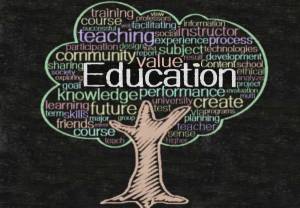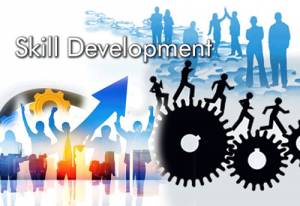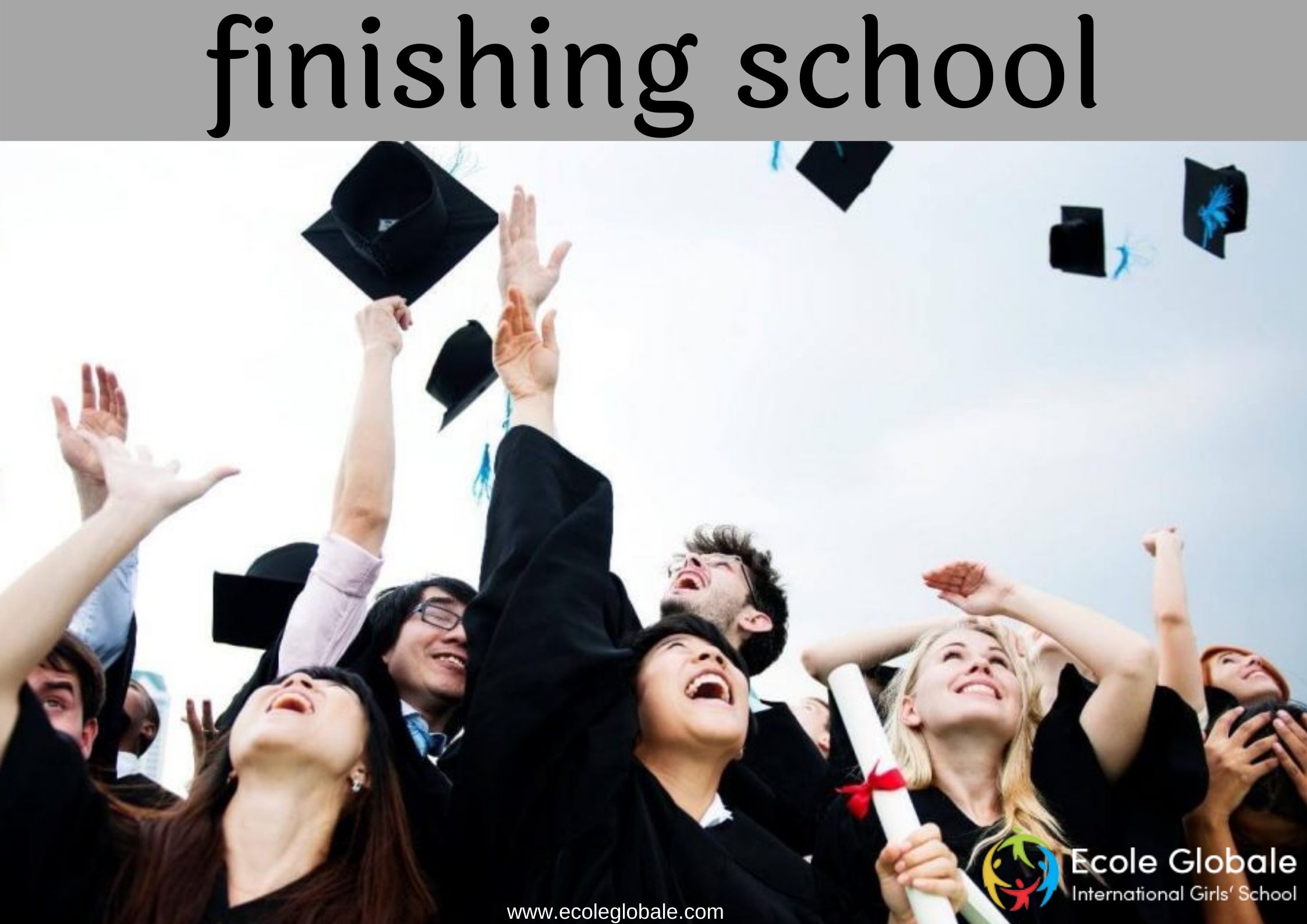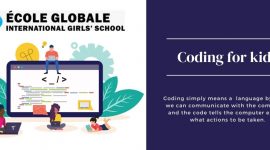In the early part of the twentieth century, finishing school was a common perception in which young ladies were trained about top-class rules of etiquette and basic manners. Intellectuals were considered relative at such schools, with a primary focus on personality development. As this concept grew less popular in the second half of the twentieth century, there was a decline in finishing school. Women’s roles and presence in society evolved, and public schools became increasingly important. Finishing schools resurfaced in the last decade of the twentieth century, but with a new perception and business strategy.
The concept of Finishing Schools was reintroduced just after the 1990s, and with an entirely different worldview and commercial strategy. That was no more aimed solely at women. Finishing schools are currently regarded as a location wherein children receive specialist skills to improve their personalities. Online learning provides practical skills to help them become more productive.
The present concept of finishing school is vastly different from its origins. In today’s world, a finishing boarding school is a private educational institution that focuses on whole personality development. It also promotes social and cultural activities in order to improve an individual’s adaptability to the modern world. A finishing school must also provide skill development and moral instruction. The standard educational techniques are also followed. It could be in the form of a short course. It may also be offered as a one-year curriculum.
Many schools today follow and incorporate the finishing school model into their curriculum. Dehradun’s Ecole Globale International Girls’ School is a good example of a girls’ finishing school. Young girls receive ethical and moral instruction in order to refine their personalities and gain confidence.
THE IMPORTANCE OF COMPLETING SCHOOL
Theoretical learning and understanding of concepts of literature should not be the sole purpose of education. Education has the goal of improving and polishing a person’s personality. This is where the significance of finishing school comes into play. A finishing school is based on this philosophy and provides pupils with a comprehensive educational experience. It aids pupils in meeting the following critical criteria:-
- Value Education
- Skill Development
- Personality Development
VALUE EDUCATION

Our personal and professional lives are inextricably linked by our ethics and values. Our morals shape who we are as individuals and leave an influence on others. A person’s morals might also be influenced by the culture from which they come. One cannot judge a person’s morals directly to determine if they are correct or incorrect.
There are some widely acknowledged morals that every human should adhere to. Completing school aids in the installation of these ideals and morals in students. Students are educated about unethical or immoral actions, and they are made aware of the negative aspects of society.
PERSONALITY DEVELOPMENT

The sum of our life experiences, influences, and education constitutes our personality. It is also influenced by the choices and decisions we make. Our personality is a composite of our views, ideologies, values, and expectations, as well as our overall activities. While our family and society have a huge influence on our personalities, schools and education play a vital impact as well.
A finishing school focuses on the psychological and physiological components of personality development. It is thought that the things we are exposed to, as well as the influences we acquire from mentors and guides, can alter our personalities. Finishing schools offer a variety of programs to meet the needs of individual pupils. Personality development programs can help people enhance their social interaction and communication abilities, as well as their body language, work, and social life etiquette, and so on.
SKILL DEVELOPMENT
Skills have become a necessary component of today’s society. Technical skill improvement can aid a person’s career chances. Domain-specific or broad skills are also possible. Many industries and educational institutions nowadays place a greater emphasis on an individual’s skills rather than their theoretical knowledge and education.

A skill development program may not be included in the curriculum of public schools. Technical skill development is stressed heavily in finishing school. An individual student’s potential and interests are assessed first, and then skills are transmitted accordingly. Every individual is required to have a set of fundamental talents. Communication skills, writing skills, observation and perception skills, and so on are among them. In a finishing school, special programs are developed to help pupils develop such skills. These are also referred to as general abilities.
In finishing school, domain-specific skills are also taught based on a student’s interest and potential. Graphic design, development, and coding are only a few examples.
In general, finishing school better prepares a student for college and work life. It addresses a number of important features and characteristics in life. To improve the proficiency of their courses, several schools have adopted the type of school model. The cost of these schools is determined by a number of factors, including infrastructure, quality, and location. It provides the best opportunities for a comprehensive educational experience.









